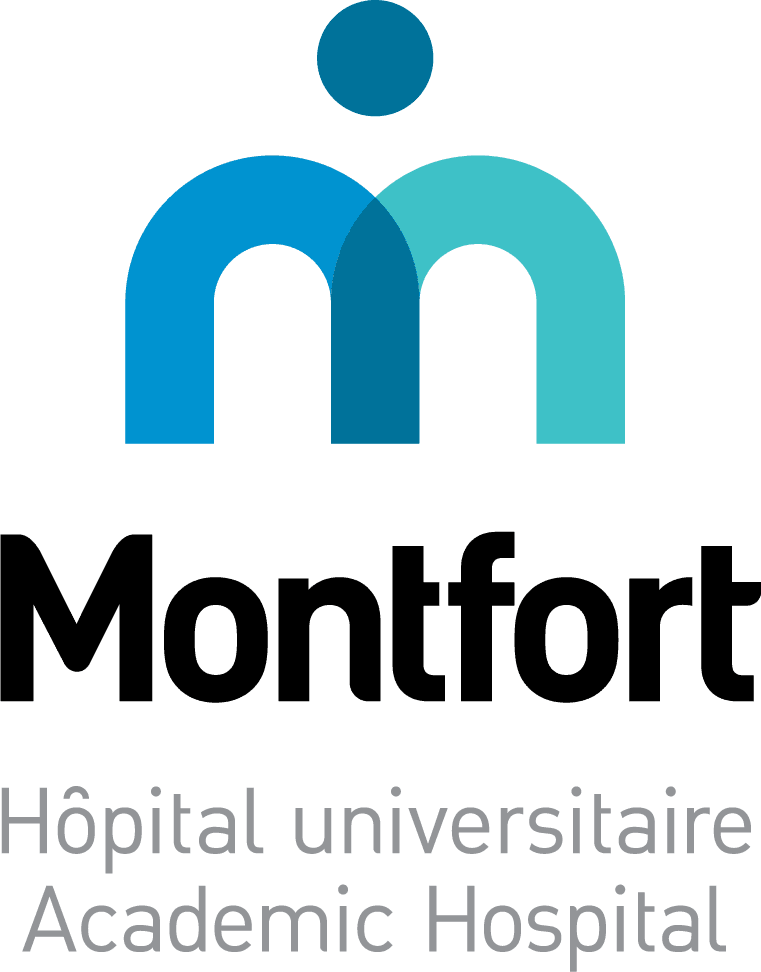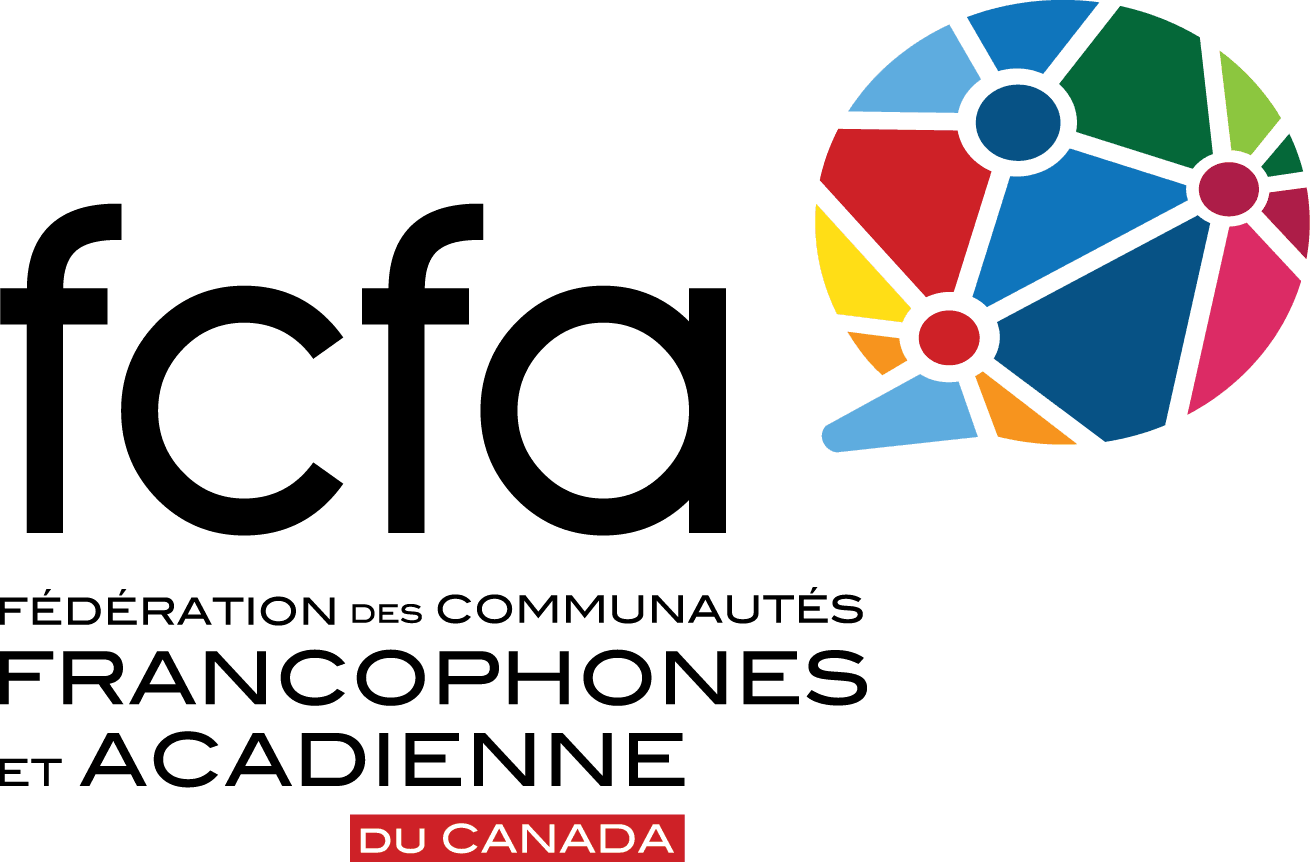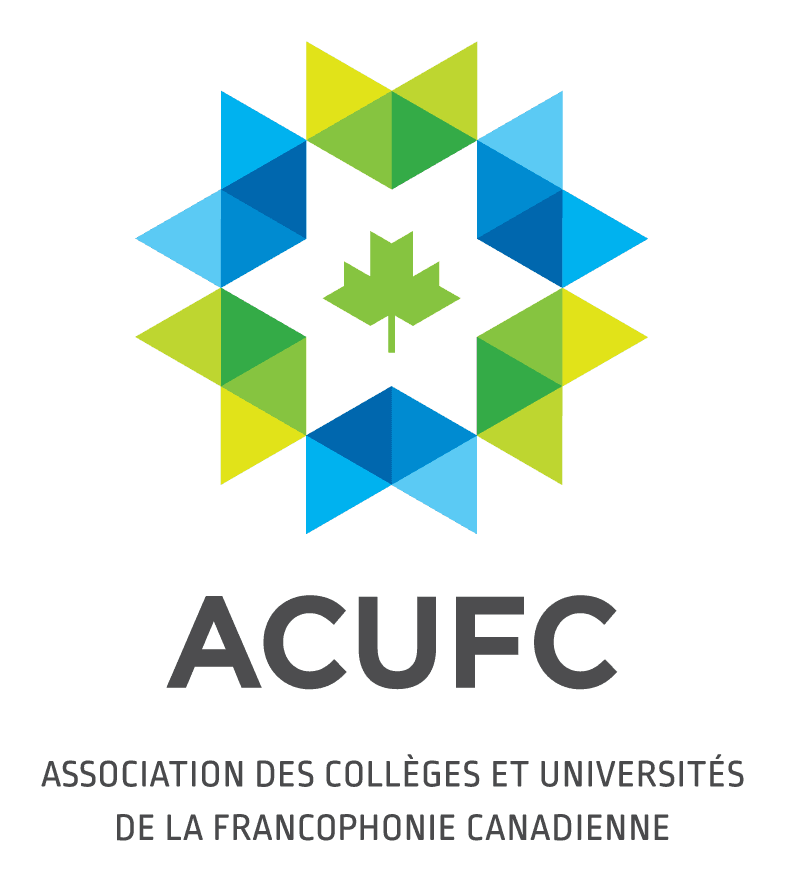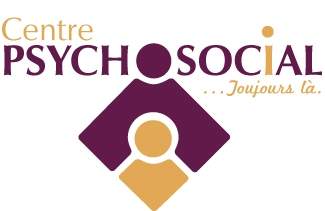“I’m not bilingual when I’m not well!”
When you’re ill, you become more vulnerable. Everything gets harder. Navigating the healthcare system in your second language can be more difficult—or even impossible. It’s important to receive services in your language, to be understood, and to understand what you’re being told.
Francophones living in minority communities are generally in poorer health, older, more overweight, and more likely to live alone in remote areas. As a result, they need have a greater need for health services than those in the majority. Yet despite this need…

Over 76% of minority Francophones are dissatisfied with French-language healthcare services

58% of minority Francophones report receiving very few services in their own language—or even none at all.

Over 20% of Francophones avoid using the healthcare system altogether because they know they won’t have access to health services in their own language.
Despite the many obstacles and challenges, progress is being made!
Every day, hundreds of people in the health field are busy working, excelling, and innovating—all in constant pursuit of progress. Innovative initiatives are being launched all the time.
The Ottawa Declaration offers various paths forward.
We want the items in the Declaration to guide the future actions of the people who will be involved in designing, planning, and decision making within Canada’s health services.
We want them to consider Francophone’s needs from the start of the process, not at the end.
Do you agree that access to French-language health services is important?
If you already have access to health services in French, does this make your life easier?
If you don’t have access to health services in French, does this make your life harder?
Have you or one of your loved ones been mistreated because of your language?
If you answered yes to one or more of these questions, either on your own behalf or that of your loved ones, this is an issue that affects you.
The Ottawa Declaration charts the path forward for the years ahead.
It’s a tool designed to inspire us, to help us prioritize our actions to improve French-language health services, and ultimately to improve living conditions for ourselves and our loved ones. When you sign the Declaration, you’re sending a message: yes, I believe it’s important for
me, my family, and my community to receive health services in my language—in our language.









